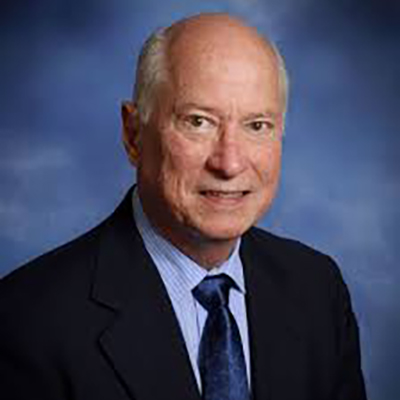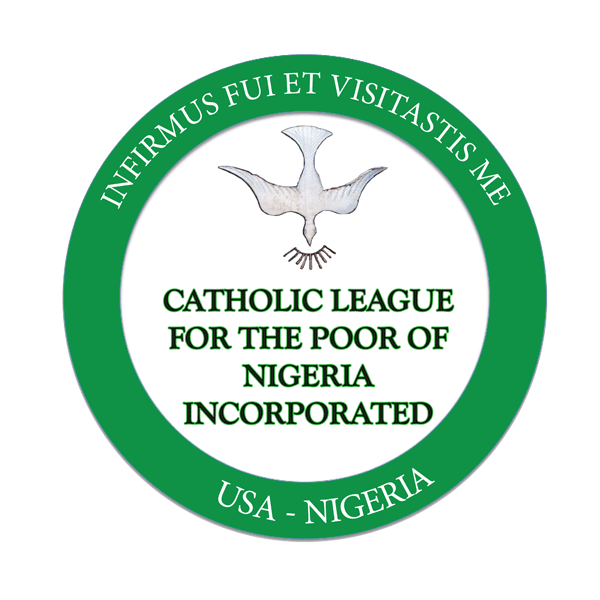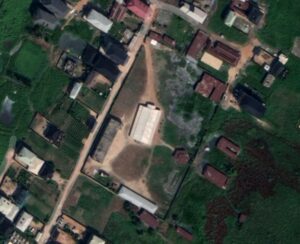
Bruce Ehni, M.D., Director, Catholic League for the Poor of Nigeria, Inc.
Bruce Ehni, MD
Dr. Ehni, a long-time member of the St. Vincent de Paul Parish, and a neurosurgeon in practice for over 39 years is active in medical society volunteer projects. He provides invaluable advice to our Board regarding Western style medical practices within a hospital. Dr. Bruce Ehni is a neurosurgeon in Houston, Texas (retired) and is affiliated with multiple hospitals in the area, including Houston Methodist Hospital and Michael E. DeBakey VA Medical Center. He received his medical degree from Baylor College of Medicine and has been in practice for over 39 years. Prior to his retirement he was one of 22 doctors at Houston Methodist Hospital and one of 7 at Michael E. DeBakey VA Medical Center, Houston, Texas, who specialize in Neurological Surgery.
Quality health care is important, especially for the poor in developing countries. It can be a matter of life and death.
I am Houston neurosurgeon Bruce Ehni, MD, and I personally know how important it is to receive healthcare at a hospital from physician. In developing countries, the dangers of self-medication are even more evident than they are here in the United States. For me, self-medication almost led to disaster.
Fifteen years ago, I became acutely ill with an abrupt onset of ulcerative colitis. I went to gastroenterologist Craig Johnson, MD, who performed a colonoscopy and prescribed Azulfidine. That worked and I settled into a pattern of a bout with colitis every year or two. It never presented a major problem, and I considered it nothing more than a nuisance. But complications arise, and in developing countries without quality medical facilities to treat poor patients, medical emergencies can quickly turn into critical life-or-death situations.
“In fact, I quit seeing Dr. Johnson,” he said. “I just started phoning in Azulfidine for myself. It’s a cheap medication with little or no side effects, so I started treating myself.”
Then early in the summer of 2000 my mother was admitted to the hospital with colon cancer and underwent a bowel resection. Her illness probably saved my life.
“I thought to myself, ‘Am I going to treat this again by myself or am I going to do what I’ve been told to do, which is go ahead and see the gastroenterologist.’” An endoscopic examination revealed a small adenocarcinoma in situ.
“It turns out that something I was vaguely aware of, but really hadn’t taken seriously, was the fact that ulcerative colitis patients can develop adenocarcinomas really easily. If you’ve got colitis, you’ve got a fertile ground for adenocarcinoma. They go hand in hand. It was sort of a lesson for me. I should never have treated myself for the last 10 years.”
My colon was removed and I went back to work, wearing an ileostomy bag for three months. I then underwent a second operation in which surgeons fashioned a large bowel out of several loops of small bowel sewn together. The cancer has not returned, although I did have another operation to remove a bowel obstruction.
In hindsight, I recommends that physicians not try to treat themselves. “I got away with it, but I maybe wouldn’t have gotten away with it.”
In rural areas of Nigeria, the poor do not have the economic resources to travel to the larger cities for medical care, so they self treat, or rely upon folk remedies. These ad hoc treatments sometimes are just not adequate for what ails the patient, and, just as in my situation, sometimes “little” things that do not receive proper medical care, can have serious medical consequences, and, sadly, even death.
That is why I am glad I can serve on the Board of Directors, to help Fr. John in his mission to build a Western style hospital for the poor of Nigeria. There just isn’t any such facility there to provide quality, medical and mental health care for the poor is going to help everyone.
Bruce Ehni, M.D.

